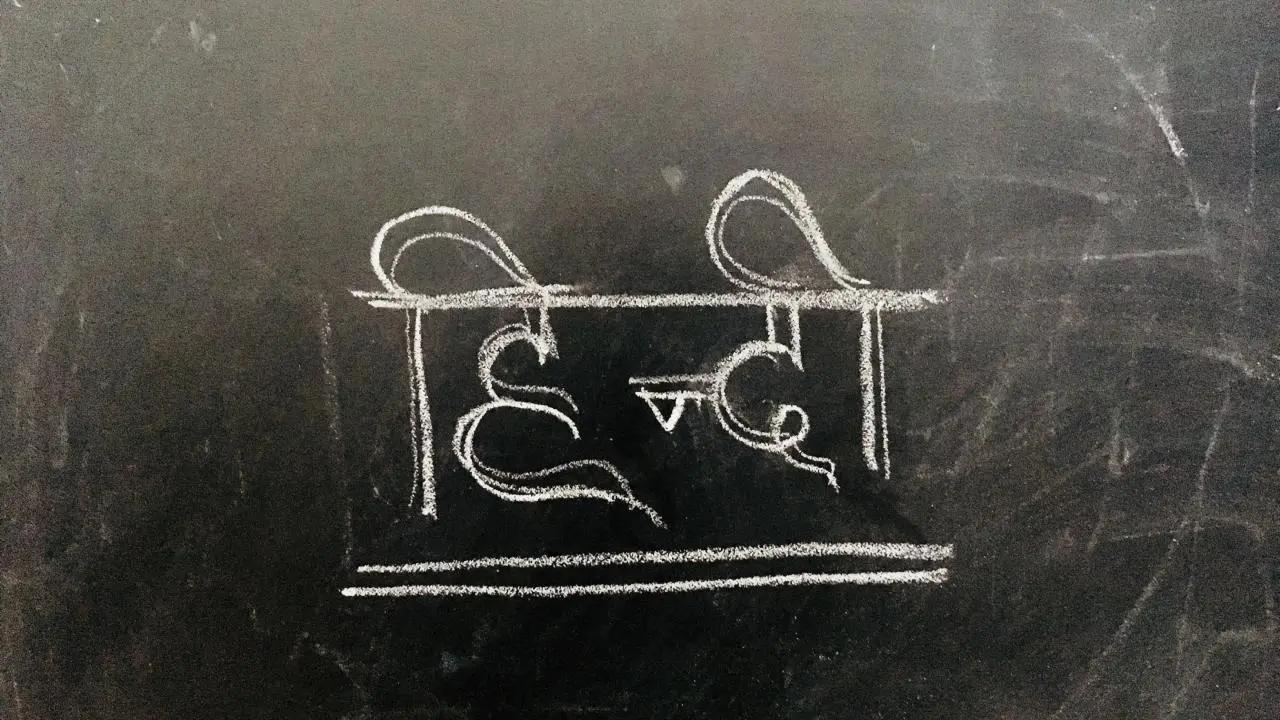Hindi Diwas commemorates the establishment of Hindi as India's national language in 1949, honouring its significance in bringing people together across the country.

Representative Image/ istock
Every year on September 14, Hindi Diwas is celebrated to appreciate the Hindi language and its rich cultural history. Hindi Diwas 2024 will be celebrated with a renewed emphasis on Hindi's evolution as one of India's most widely spoken languages. This day commemorates the establishment of Hindi as India's national language in 1949, honouring its significance in bringing people together across the country.
ADVERTISEMENT
Hindi Diwas 2024 is not only a day to celebrate Hindi as an official language but also to honour its rich literary heritage. From the devotional poetry of Kabir to the socially reflective novels of Munshi Premchand, Hindi has played a crucial role in shaping Indian literature and culture. The evolution of Hindi from its ancient roots to its modern form highlights its importance in uniting people across different regions and backgrounds. As we celebrate Hindi Diwas, it is a moment to appreciate the timeless beauty and depth of the Hindi language and its contribution to the world of literature.
Evolution of the Hindi Language
Hindi has a centuries-long history and is based on Sanskrit. It evolved in phases, beginning with the Prakrit and Apabhramsha languages spoken in ancient India. By the tenth century, Hindi had begun to take on a more distinct shape, influenced by diverse regional languages and dialects.
During the mediaeval period, Hindi thrived, particularly with the emergence of two major forms: Braj Bhasha and Awadhi. These were spoken throughout northern India and formed the medium for many well-known poets. The Bhakti movement, which emphasised devotion to God, saw the birth of poets such as Kabir and Tulsidas, who used Hindi to spread their spiritual ideas to the masses.
In the contemporary era, Hindi underwent additional alterations, particularly during the British colonial administration, when it became a symbol of national identity. The selection of Hindi as India's official language following independence in 1947 cemented its reputation as a unifying language. Today, millions of people speak Hindi in India and around the world, and it is one of the 22 scheduled languages under the Indian Constitution.
Celebrated Literature in Hindi
Poets, novelists, and playwrights have all contributed to the rich history of Hindi literature. Hindi writers have used the language to portray various emotions, societal challenges, and cultural narratives.
1. Bhakti Poetry: The Bhakti movement's devotional poetry was among the first forms of Hindi literature. Poets such as Kabir and Tulsidas performed critical roles in making Hindi accessible to the general public. Kabir's dohas (couplets) are eternal, imparting wisdom and life lessons, but Tulsidas' Ramcharitmanas, an epic retelling of the Ramayana, is still one of the most treasured works in Hindi.
2. Modern Hindi Poetry: In the twentieth century, Hindi poetry saw significant development. Poets like Harivansh Rai Bachchan, whose work Madhushala is renowned for its intellectual depth, ushered in a new era of romanticism and reflection. Mahadevi Verma, a significant character in the Chhayavad movement, is known for her lyrical poetry on nature, emotions, and women's experiences.
3. Hindi Novels and Prose: Hindi prose literature has a long history, including renowned authors such as Munshi Premchand, whose novels Godaan and Nirmala are regarded classics. His works focus on the challenges of rural India and the plight of the underprivileged. Premchand's use of Hindi to convey social and political themes made his work popular among the public.
4. Contemporary Hindi Literature: Contemporary Hindi literature is evolving, with authors such as Nirmal Verma and Krishna Sobti adding to modernist storylines. Their work delves into the complexity of human relationships, identity, and India's evolving social fabric.
 Subscribe today by clicking the link and stay updated with the latest news!" Click here!
Subscribe today by clicking the link and stay updated with the latest news!" Click here!







